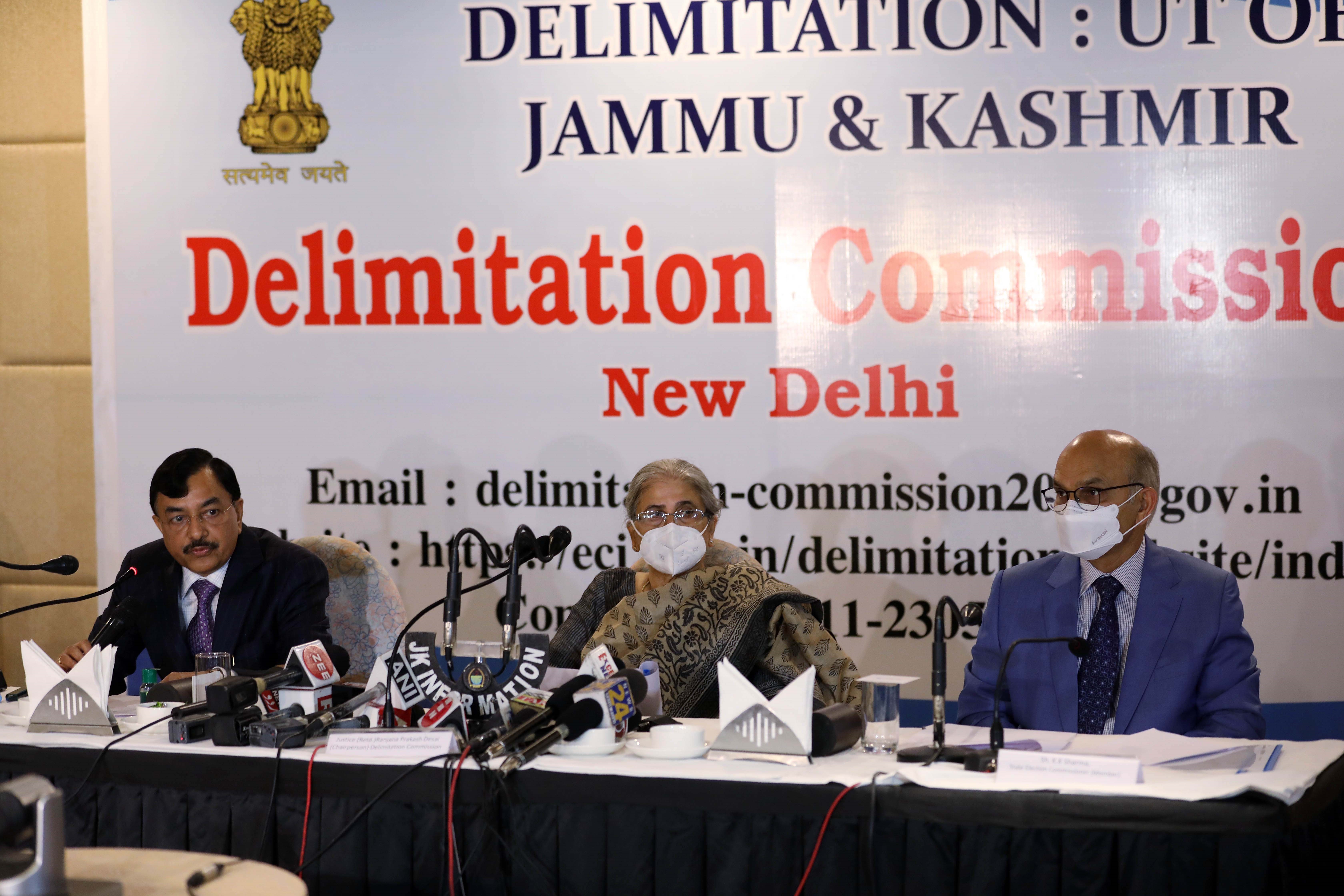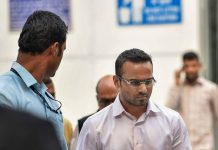
The public perception in the UT, more so in Kashmir Valley, is that the centre is unlikely to hold polls this year. The government seems wary of the possibility of a Kashmir-based party coming to power with fallout of Article 370 revocation still unfolding. A report by Riaz Wani
As August rolls around, serious doubts are growing about the Assembly elections being held in Jammu and Kashmir this year. For the elections to be held, the revision of electoral rolls, which is still underway, has to be finished first. The Election Commission of India has set a deadline of October 31 for the completion of the exercise. Should this happen in time, it would be the end of autumn and the start of winter. Though elections have also been held in the region in November-December before, there is no indication that there are any plans to hold them this time.
On its part, the Ministry of Home Affairs has said that the elections in Jammu and Kashmir will be decided by the Election Commission.
“The Election Commission of India has initiated revision of electoral rolls of voters of the Union Territory of Jammu and Kashmir,” Minister of State in MHA, Nityanand Rai said in reply to the question by parliamentarian A. Ganeshamurthi in the ongoing Monsoon Session of the Parliament. “The decision to schedule elections is the prerogative of the Election Commission of India, ” he said.
However, the public perception in the union territory, more so in Kashmir Valley, is that the centre is unlikely to hold polls this year. The reasoning is that New Delhi is unlikely to let go of control of the state of affairs in the UT at a time when it is in the middle of addressing the fallout of the revocation of Article 370 in August 2019.
“There seems a clear reluctance on the part of New Delhi to hold elections in J&K this year,” said a mainstream politician on the condition of anonymity. “An elected government led by local politicians will assert control, something that the centre seems to be loath to part with at this time.”
Some observers also point to the wariness of the centre about letting a Kashmir based political party lead or dominate the future government. Though it will still be subservient to the Lieutenant Governor in a union territory framework, the centre is expected to be not in favour of letting a local party or parties partake in the governance.
The emergence of the People’s Alliance for Gupkar Declaration (PAGD) which mainly comprises the major J&K parties such as National Conference (NC) and the PDP, has challenged the centre’s discourse on Kashmir. And the hopes of Kashmir-based parties ruling J&K have been brightened further after the PAGD decided to contest the elections jointly. With a strong support base, both in Kashmir Valley and Jammu divisions, and also being former ruling parties, the NC and the PDP together have a high chance of securing a majority.
But will this happen? There are many ifs and buts about such a prospect. For one, the BJP remains a dominant force in the Jammu division, having largely swept the last Assembly election in the region by winning 25 out of 37 seats. The party, in all likelihood, seems headed to repeat the performance in the next election. Or it could very well improve its score.
Another fact that could go to the advantage of the BJP is the recently concluded delimitation exercise. Not only was the Jammu division given more seats but as per the BJP’s political opponents, the electoral constituencies were also redrawn to benefit the saffron party in the future election.
Out of seven additional Assembly seats, the Delimitation Commission gave six to Jammu and just one to Kashmir Valley. Similarly, the Commission was accused of gerrymandering to reduce the electoral weight of the Muslim majority constituencies.
The new additions have taken the total Assembly constituencies in Jammu and Kashmir to 90. The number of seats in Jammu has increased from 37 to 43, while the number of seats in Kashmir has gone from 46 to 47. This is despite the fact that an estimated 70 lakh people live in the Valley, according to 2011 census, compared to 53 lakhs in Jammu division.
The fallout of the delimitation exercise on the electoral map of the UT is likely to be far-reaching. Six more seats to Jammu are expected to alter the electoral game. This is where political engineering enters the picture. The BJP has a multi-pronged strategy in place to ensure there is Hindu consolidation in Jammu in its favour. It has already benefited from this consolidation in three successive elections since 2014 – two parliamentary and one Assembly. In the 2015 state election, the party won 25 of 37 seats in Jammu, enabling it to share power with the PDP which secured 28 seats, a predominant majority of these in Kashmir Valley .

But the reduction of the gap in the Assembly seats between Jammu and Kashmir is set to remake the political map of the union territory. The BJP which has a deep presence in Jammu could expect to have more political weight in the future J&K Assembly. And even if a Kashmir based party were to form or lead a future government, it would have little manoeuvring space to carry out its agenda or overturn the laws passed by the New Delhi backed administration over the last two years.
Elections, in turn, will shift the discourse towards the grant of statehood. However, the centre has already made it clear that statehood would be granted only after an elected government is formed, staying short of giving a timeframe. So, this could take a longer time than expected. New Delhi has indicated it would see the performance and the behaviour of the elected government before it decides to restore the statehood. It is expected that a government led or influenced by the BJP could pave the way for a faster return to statehood than a non-BJP government.
What explains the delay?
Despite the odds that the BJP will play a dominant role in the future elected government in J&K, it is seen as intriguing that the Assembly election continues to be delayed in the UT. And, in turn, this is delaying the prospect of early statehood to J&K.
The timeframe for elections that people are now looking at is the spring or summer next year. It will be a crucial year for the BJP as the party will also be preparing for the general elections in 2024. A robust performance in J&K polls will thus be a headstart for the party. But this is likely to push the statehood for the UT further into the future and the BJP might wait for its return to power at the national level before restoring it.
“Many people would most likely prefer the elections to take place regardless of the season,” an editorial in a local newspaper said. “If for no other reason than at least for approachability, there is a palpable desire to see local politicians return to government”.












